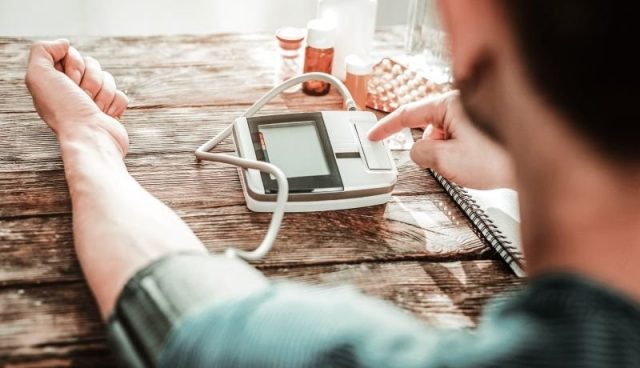Reduction seen in systolic and diastolic BP with self-monitoring plus self-titration of antihypertensive medications
By Elana Gotkine HealthDay Reporter
FRIDAY, May 10, 2024 (HealthDay News) — Blood pressure (BP) self-monitoring, together with self-titration of antihypertensive medications, is associated with a reduction in BP, according to a study published online May 10 in JAMA Network Open.
Patricia MartÃnez-Ibáñez, Ph.D., from the Fundació per al Foment de la Investigació Sanità ria i Biomèdica de la Comunitat Valenciana in Spain, and colleagues examined the longer-term effectiveness of BP self-monitoring plus self-titration of antihypertensive medications versus usual care among patients with poorly controlled hypertension. Participants were aged 40 years or older, with systolic BP over 145 mm Hg and/or diastolic BP over 90 mm Hg, and were randomly assigned to usual care versus an individualized, prearranged plan based on self-monitoring of BP plus self-titration of medications.
Data on BP measurements at 24 months were available for 219 patients: 111 and 108 in the intervention and control groups, respectively. The researchers found that at the end of follow-up (median, 23.8 months), the adjusted mean difference in systolic and diastolic BP was −3.4 and −2.5 mm Hg, respectively. Consistent results for the main outcome were seen in subgroup analyses. The robustness of the main findings were confirmed in sensitivity analyses. In terms of behaviors, quality of life, use of health services, or adverse events, there were no differences noted between the groups.
“These results suggest that simple, inexpensive, and easy-to-implement self-management interventions have the potential to improve the long-term control of hypertension in routine clinical practice,” the authors write.
Two authors disclosed ties to the pharmaceutical industry.
Copyright © 2024 HealthDay. All rights reserved.



















